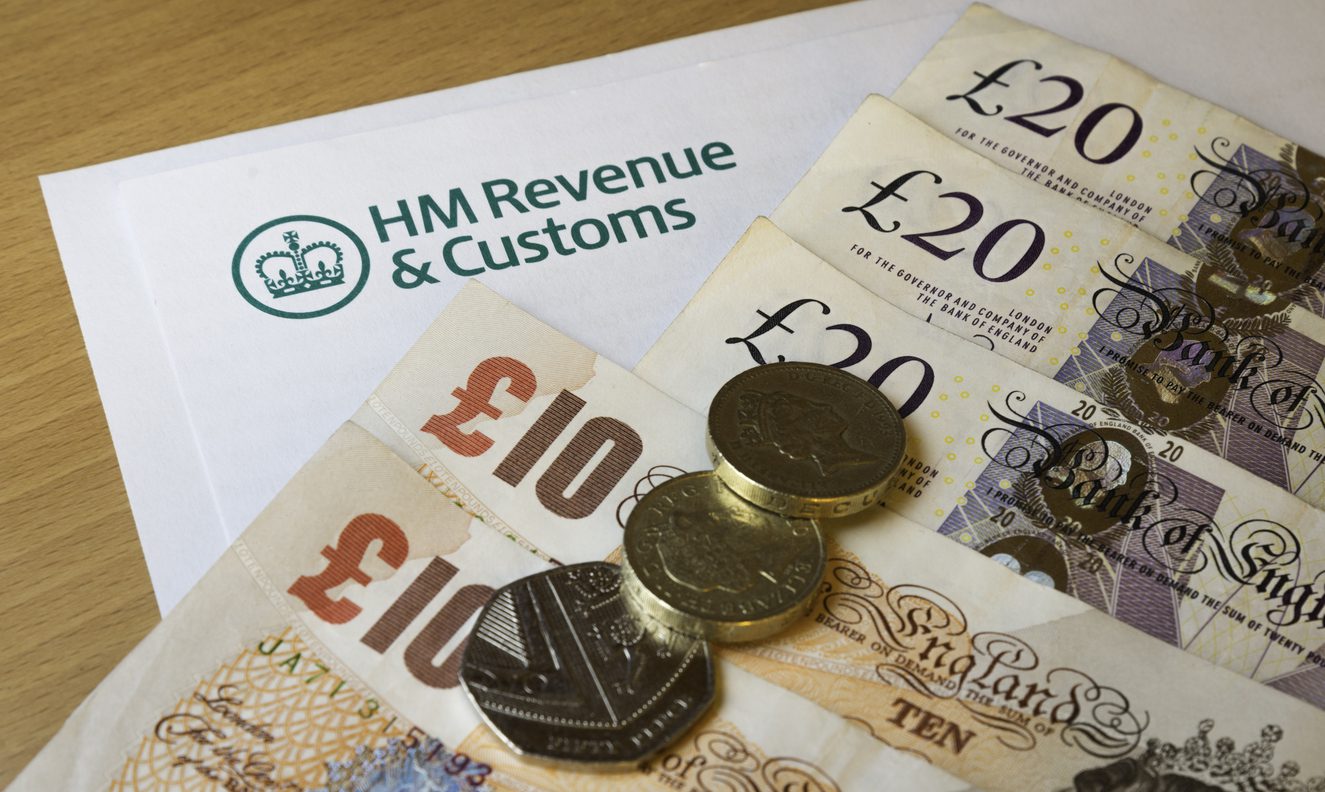Since April 2017, the amount of tax relief landlords can claim on finance costs has been reducing. Are you up to date on the changes?
In a bid to discourage competition between property investors and first-time buyers, the government has made a number of changes to make the buy-to-let landscape slightly less attractive to landlords. One of these was the introduction of a 3% stamp duty surcharge on additional properties, and another was the restriction of finance cost relief – known as Section 24.
What tax relief can I claim on finance costs?
Before the changes came in, landlords had been able to deduct all their mortgage interest costs as well as other allowable finance costs from their tax bill.
Under the new Section 24 rules, this tax relief is gradually being reduced to the basic rate of income tax (currently 20%), with relief being given as a reduction in tax liability rather than a reduction to taxable rental income. This means landlords will declare their rental income, pay income tax on the full amount, then claim back 20% of their mortgage interest costs as credit.
The phasing in works as below:
- 2017-2018: the deduction from property income (as is currently allowed) will be restricted to 75% of finance costs, with the remaining 25% being available as a basic rate tax reduction
- 2018-2019: 50% finance costs deduction and 50% given as a basic rate tax reduction
- 2019-2020: 25% finance costs deduction and 75% given as a basic rate tax reduction
- 2020-2021: 100% of financing costs incurred will be given as a basic rate tax reduction
An example
If your gross rental income is £12,000 per year, and your mortgage interest payments amount to £10,000 a year, in the past you would have been able to deduct the £10,000 from your rental income when calculating tax. So you would pay tax on the £2,000 difference, meaning if you were in the 20% income tax bracket, your tax bill on your rental income would have been £400.
By the time the full Section 24 rollout has completed in 2020, you will instead pay tax on the full £12,000 (£2,400 at 20%). Then, you deduct £2,000 (20% of your mortgage interest payments) to calculate the final overall tax bill on rental income – which still comes to £400.
Who do the changes affect?
It is when you fall into the higher tax brackets of 40% and 45% that a real difference might be seen in your final tax bill under the new rules. The aim, according to the government, is to try and stop the biggest earners from property investment from claiming the biggest tax relief. For lower earners, often people with just one rental property and “accidental landlords”, the effects should be minimal.
Section 24 only applies to individuals, not limited company landlords or those with furnished holiday lets, for example.
Should I set up a limited company?
There are many pros and cons to running your rental properties through a limited company, so professional advice should always be sought. Recent research has indicated a rise in the number of landlords operating through limited companies.
While limited company landlords will not be affected by Section 24 under current rules, if you were to transfer your existing properties into a limited company, this would count as a sale and you would therefore have to pay stamp duty – which could cost more than you would lose through the reduction of mortgage interest relief.
Read more about limited company structures in this guide.










